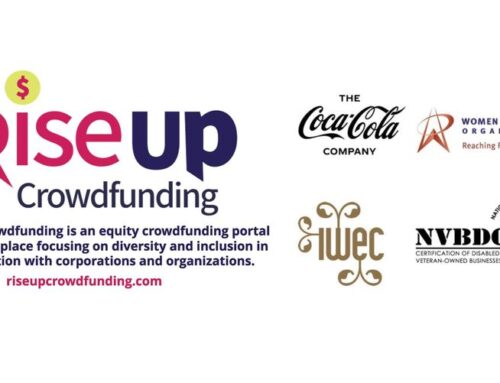by Kerry Roberts Gibson, Kate O’Leary and Joseph R. Weintraub
For Harvard Business Review
Photo: Freudenthal Verhagen/Getty Images
Summary.
Most companies run some kind of employee-recognition programs, but often they fall flat, wasting resources. Many become just another box for managers to check or are seen as elite opportunities for a favored few, leaving the rest of the workforce feeling left out. Meanwhile, a lot of individual managers also fail to adequately express appreciation, mistakenly assuming that reports know how they feel or struggling to balance gratitude with developmental feedback. In focus groups and interviews, however, employees reveal that making them feel valued and recognized isn’t all that complicated: It mostly comes down to a lot of small, commonsense practices.
While most companies run employee-recognition programs of some sort, all too often they produce reactions like Rowen’s. Instead of giving people a meaningful sense of appreciation, they become just another box for managers to check and are completely disconnected from employees’ accomplishments. Some companies try to make programs more relevant by giving specific awards to individuals who’ve, say, created and led an important new initiative, “embodied” the organization’s values in their behavior, or had a significant impact. Yet that approach has problems too: Awards can be seen as an elite opportunity for a chosen few — and leave the majority of the workforce feeling left out and overlooked.
If managers could make a far broader group of employees feel appreciated, the benefits would be considerable. Adam Grant and Francesca Gino have found that when people experience gratitude from their manager, they’re more productive. Another researcher recently found that teams perform tasks better when their members believe that their colleagues respect and appreciate them.


